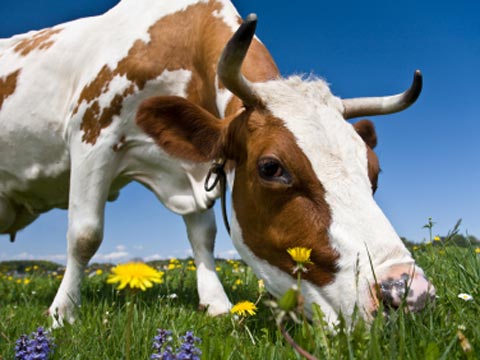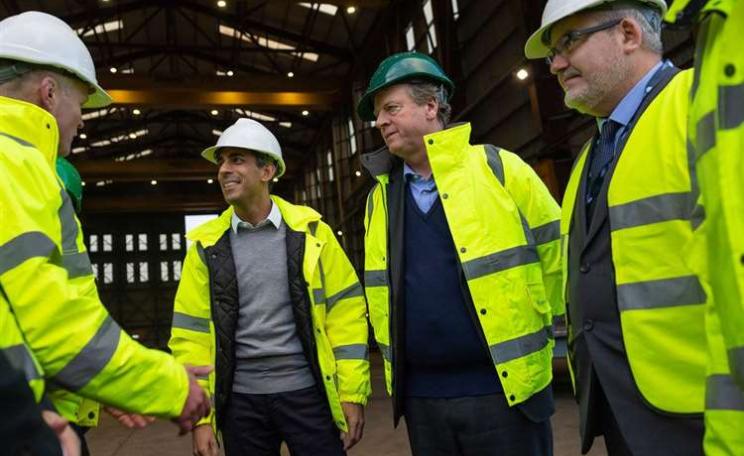If intensive farming has the lowest environmental impact should we promote it?
Tom Levitt asks whether 'we have got it right on meat and greenhouse gas emissions' (8 April). This is following recently published research that has been used by a range of commentators to claim that 'the impact of meat and dairy production has been overstated.'
A closer reading of the research actually shows that it’s not the livestock industry’s emissions that have been overestimated - 18 per cent of global greenhouse gases arise from the production of meat and dairy.
Questions raised about a UN’s comparison of the emissions generated by the transport sector and those generated by the livestock sector are based on a possible underestimation transport’s emissions, not on an overestimation of livestock’s emissions.
This does raise important questions around how we measure the global impact of the food on our plates. The claim that the livestock industry’s emissions have been overstated is based on research on just one country – the USA.
Soy meal
The situation is quite different elsewhere in the world, particularly in the UK where we import over 2 million tons of soy meal animal feed each year, largely from South America. If we take into account the additional emissions from the production of soy meal we can begin to see the environmental cost of our global meat and dairy industry.
Soy plantations are responsible for massive amounts of deforestation. If current trends continue it is estimated that cattle ranchers and soy farmers alone will destroy 40 per cent of Amazon rainforest by 2050. Even soy plantations grown on already deforested land displaces other farmers, forcing them into the forests. The deforestation associated with global livestock production is estimated to total 6 per cent of all global emissions - and recent research suggests this may be an under estimation.
Biodiversity
While the climate impact of meat and dairy production is staggering, there’s much more to the industry’s environmental footprint. The creation of the soy monoculture ‘green deserts’ results in biodiversity loss, damage to the water cycle, local pollution as well as displacing local communities and forcing people into poverty.
Regardless of its impact relative to that of transport, action must be taken to stop meat and dairy production trashing the planet. A more localised system of food production – using animal feed grown in the UK to feed animals reared in the UK – would help to spare forests and cut climate emissions. We need Government action to make this happen.
The uptake of Friends of the Earth’s Sustainable Livestock Bill, recently tabled in parliament by Peter Ainsworth MP, will help kick start planet-friendly farming. It calls on the Government to reduce the environmental impact of livestock production in the UK and ensure farmers get the assistance and support they need to make the switch to sustainable farming.
Reduced consumption
Producing meat sustainably requires an overall reduction in production and consumption levels, but this will be better for people as well as the planet as UK diets contain around 3 and a half times more meat than the World Health Organisation recommends.
If we cut down on meat, and change the way we’re producing it, we can ditch damaging factory farming and feed a growing global population a healthy and nutritious diet. People in rich countries need to cut down on the meat and dairy they eat, and opt for better quality choices, to allow this to happen.
Nicholas Beuret
Food Campaigner, Friends of the Earth
www.fixthefoodchain.com
| READ MORE... | |
 |
NEWS ANALYSIS Have we got it right on meat and greenhouse gas emissions? Analysis showing lower greenhouse gas emissions associated with intensive livestock production could pose a challenge to our views on best farming practice |
 |
INVESTIGATION Can cows help stop climate change? Meat, dairy... in fact, livestock in general has in recent years joined the ranks of the 4x4 and the short-haul flight. But could a change in the way we graze animals not only reduce greenhouse gas emissions, but even remove them from the atmosphere? |








